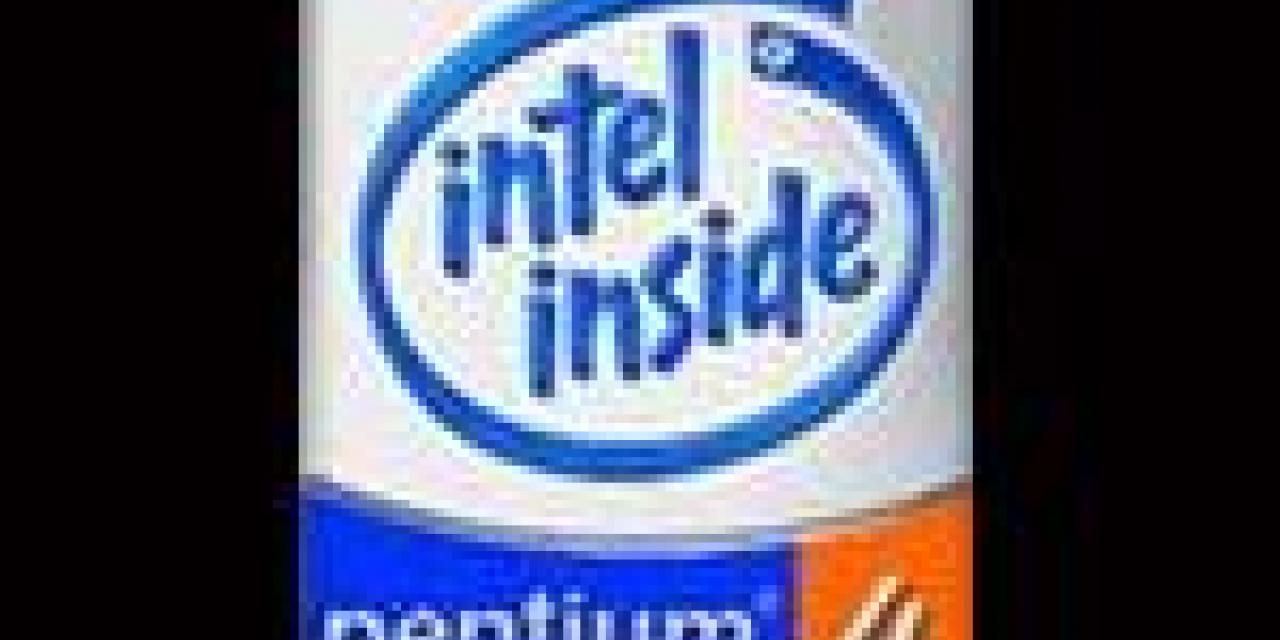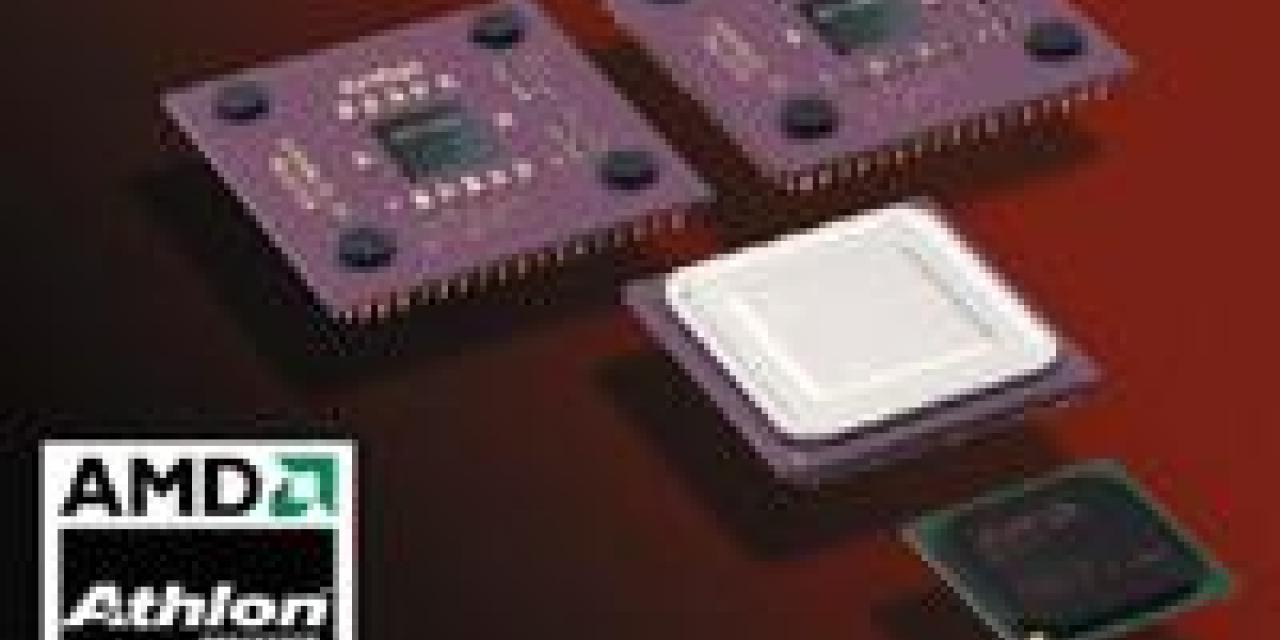

AMD is working on the, planned, September release of the 1.5 GHz Athlon. Although this chip is claimed to be the fastest and most stable ever to be released by the company, the problems it will face are great. Most importantly the AMD processor will have to battle the much "heavier" 2 GHz Intel Pentium 4 chip, which will be released later this month.
The task AMD are faced with is to convince consumers that clock speed isn't everything. This is no small task considering that both AMD and Intel have fought fiercely over which company will produce the fastest processor first.
AMD are faced with a task similar to that which faced Apple when they fought to convince consumers that what their PowerPC chips lagged in speed, compared to Intel chips, they more than made up for in performance.
"Athlon is an extremely competitive processor, even at the lower frequency," said Kevin Krewell, senior analyst with MDR/Instat (formerly MicroDesign Resources).
The Athlon trails in clock speed, and "that's perceived to be slower, but it's not," Krewell said. "It's just a perception in that respect."
To date, AMD "hasn't done anything from a marketing point of view to help its case," Krewell said. He went on to suggest that advertising would help AMD deliver its performance message and also build its brand name among less-sophisticated PC buyers as the back-to-school and holiday buying seasons approach.
What is certain is that the Athlon chip won't necessarily be slower. The Athlon processor core handles more instructions per clock cycle than the Pentium 4. This allows the Athlon to keep up and in some cases better the Pentium 4 in performance, depending on the application and the hardware configuration.
The 1.5 GhZ Athlon will also carry a pre-fetch Level 2 cache, which anticipates data needed by the processor core and stores it ahead of time in high-speed "cache" memory. The chip will also sport the SSE multimedia instruction set, aimed at enhancing multimedia performance.
Although most companies try to convince us that the average consumer is some brain damaged moron who will obey most corporate wishes, there is still hope that this time consumer reaction will be to find out more, before buying any next-generation system.
